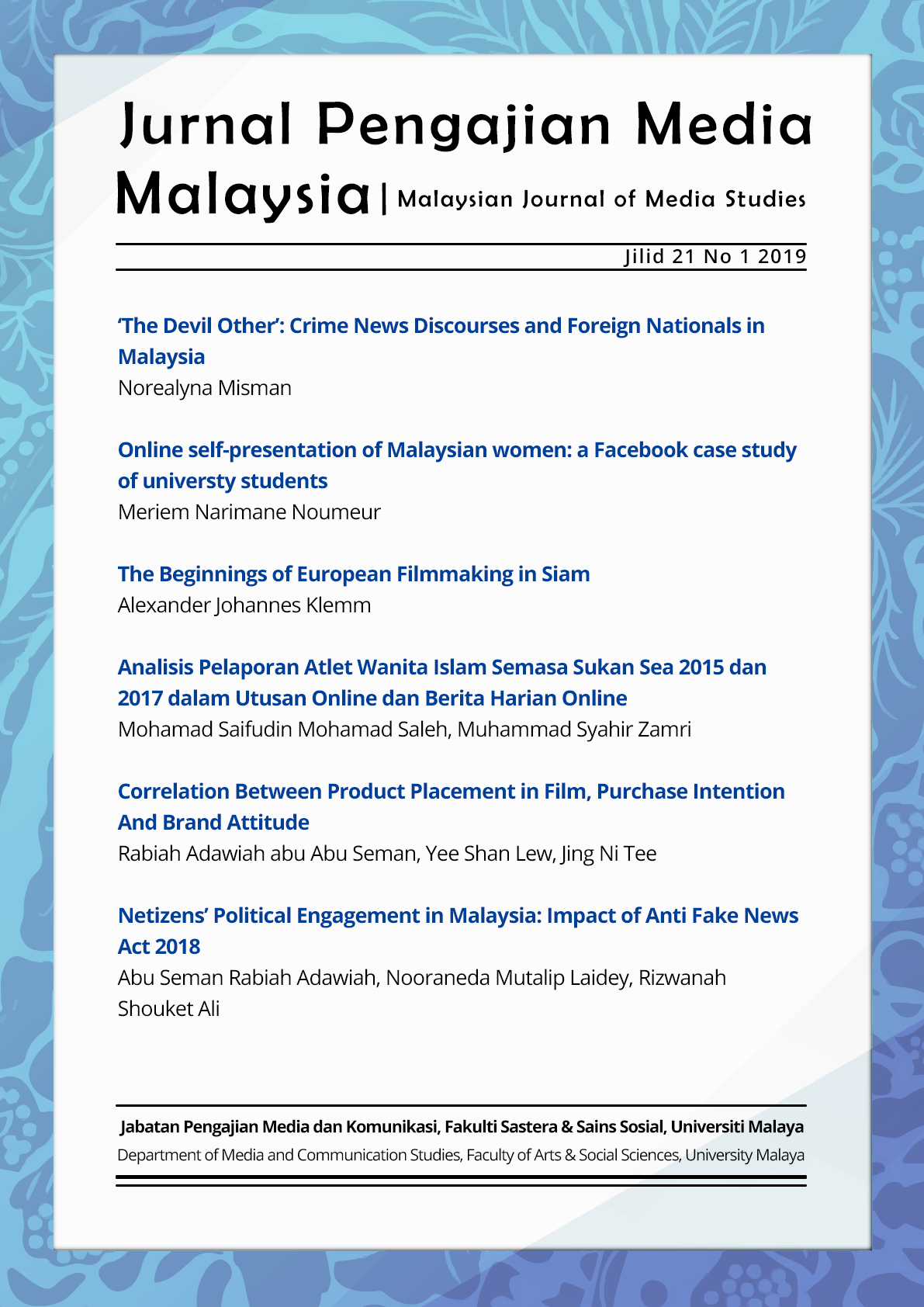Usage of Social Media for 2019 Electoral Peace Campaign by Non-Governmental Organizations in Kwara State, Nigeria
Main Article Content
Abstract
There is a growing interest in the ways non-governmental organisations (NGOs) can ensure that electorates have access to information that could improve comprehension of the electoral process and reinforce tranquil relations between the electorates and political stakeholders. This study examined the usage of social media for 2019 electoral peace campaign by NGOs in Kwara State, Nigeria. The study adopted a qualitative research method and multistage sampling technique was adopted as sampling technique. The study focused mainly on four LGAs i.e. Asa, Ilorin South, Ilorin West and Ilorin East Local Government Areas. In these four LGAs, 15 NGOs with vested interest in electoral peace campaigns were purposively selected. Unstructured interview was used to collect data from the social media handlers of theses NGOs. The data collected were recorded and transcribed. The gathered data were arranged in themes following the approach of manual thematic analysis. Findings from this study showed that NGOs in Kwara State used social media for electoral peace campaign during 2019 general elections. Facebook, WhatsApp, Twitter, Instagram and LinkedIn were the most used social media platforms among NGOs in Kwara State during 2019 general elections; however, there level of usage is average. The motivation for social media usage among NGOs in Kwara State during 2019 general elections can be attributed to the wider coverage and reach of social media. Lastly, during 2019 general elections, NGOs in Kwara State embarked on peace campaigns before elections, some do it during and few do it post electoral peace campaign. Among several recommendations, the study recommended that the electoral umpire in Nigeria, Independent National Electoral Commission should include training of officers in their electoral briefings on the viability of social media use during elections by officers.
Downloads
Article Details

This work is licensed under a Creative Commons Attribution 4.0 International License.
